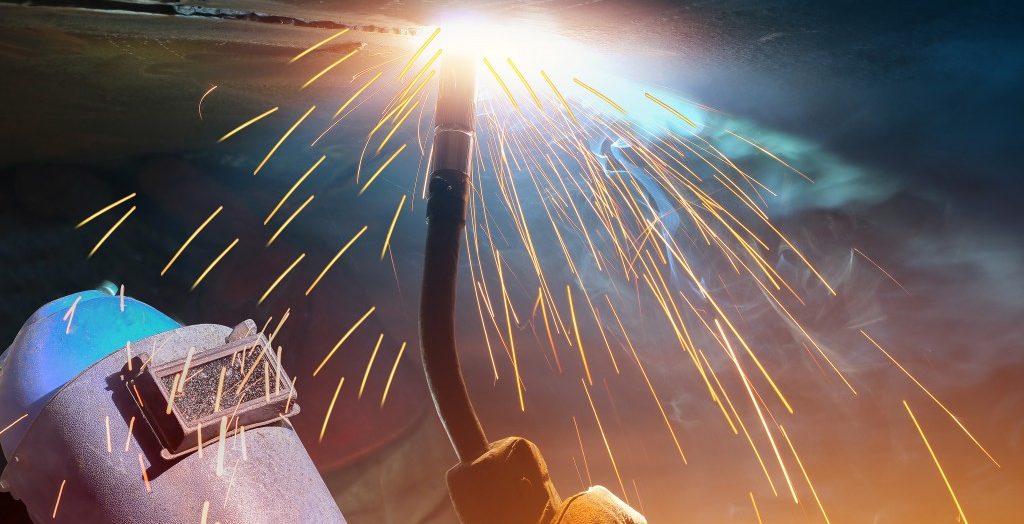Metal inert gas (MIG) welding wires come in several thickness types. If you are welding heavier gauge metals, you need the thicker wires or wire electrodes. However, there are other welding wires available on the market, and this may overwhelm you. If you are bent in buying MIG wires, make sure that you go straight to the trustworthy suppliers of MIG welding wires. To help you find the right wire, below are some purchasing tips:
Metals Used in MIG Welding
MIG welding can weld almost all metals and their alloys. An alloy is a mix of at least two metals. During welding, you fuse two metals together using another metal source. To join the base metals or the metals you are welding together, the right metal must be chosen. Usually, the ones used for MIG welding are carbon steel, stainless steel, and aluminium. The first two are the most commonly used in welding. Aluminium is less used as it needs to be set up first.
Type of Metal to Choose
When welding base metals together, the wire to be used must also be of the same element or composition. Stainless steel, possibly the most commonly welded base metal, should use stainless steel wire. The same is true with carbon steel, aluminium, and so forth. However, many MIG wires now are coated with other elements to help in the deoxidisation process. Deoxidisation makes the weld less porous and, hence, much more stable. Some of these elements, called stabilisers, are manganese, silicon, and titanium. Available wires have unique amounts of these stabilisers.
Appropriate Wire Thickness
 If you have chosen the right type of metal, now you look into the appropriate wire thickness. There is a general rule to follow when it comes to wire thickness. By standard, the choice must be based on the thickness of the base metals you are welding. To get the right wire, just check the charts that come with the product packaging. The information is normally printed on the product information side of the packaged metal wire. Some manufacturers make the information available on their websites, too.
If you have chosen the right type of metal, now you look into the appropriate wire thickness. There is a general rule to follow when it comes to wire thickness. By standard, the choice must be based on the thickness of the base metals you are welding. To get the right wire, just check the charts that come with the product packaging. The information is normally printed on the product information side of the packaged metal wire. Some manufacturers make the information available on their websites, too.
Other Considerations
When purchasing, take note that there are some considerations depending on your needs. Usually, the salesperson will provide you with some tips. For example, on wire thickness, there may be some exceptions. Many products now do not demand the exact base metal thickness. For every wire diameter available, a range of thickness can actually work. In terms of weight, MIG wires are bought by weight, not the length of the wire. When buying, it is advisable to match your needs with the weight. Buy heavier spools if you often weld and less heavy if you do not. For other concerns, again, you can ask the salesperson or the seller.
Buying MIG wires is pretty straightforward. You only have to check if your base metals match with the right metal wire. Then see if the right thickness or range matches. A caution for buyers, though: Buy the right amount of wire because having too much can lead to wastage.






